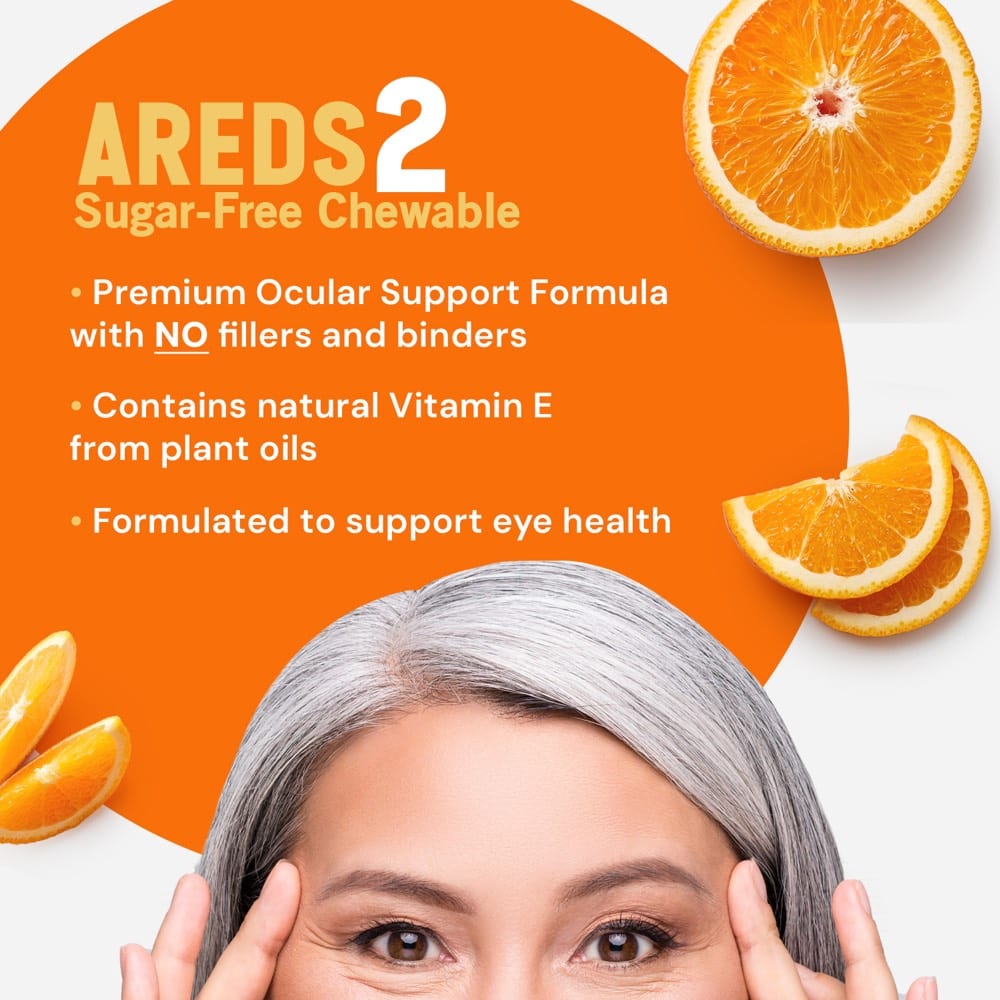There is tremendous responsibility in being an ophthalmologist, and especially being an eye surgeon.

After 30 years in practice, I frequently think about this on my operating days. But yesterday more than usual, as my operative day included a man whose eye pressure so high he was at imminent risk of going blind in his only sighted eye, a woman with glaucoma whose eye felt funny to her the prior week at which point we discovered that her eye pressure was triple the normal measurement (normally glaucoma and high eye pressure cannot be felt - that’s what makes it such a sneaky disease), a highly nearsighted woman who had undergone prior retinal surgery now undergoing laser-assisted cataract surgery, and a half-dozen additional patients.
Each patient gets 100% of my attention, strategy, skills and most importantly, my emotional care. I suppose that all medical doctors carry similar burdens with them, but there is something unique, wonderful, and yes, sometimes heartbreaking, about trying to maintain a critical sensory function that can alter how a person is able to live independently in the world. Especially in this time of history in which doctors’ offices can have long waiting times, private insurance companies create headaches for both doctors and patients for the benefit of their shareholders, all while a pandemic that has 3-5 years left to run continues to rage on, choose to thank your eye doctor at your next visit rather than complain. I promise you that your thoughtfulness will be heard loud and clear.

Paul Krawitz, M.D.
President and C.E.O. VisiVite Eye Vitamins
Fellow of the American Academy of Ophthalmology














